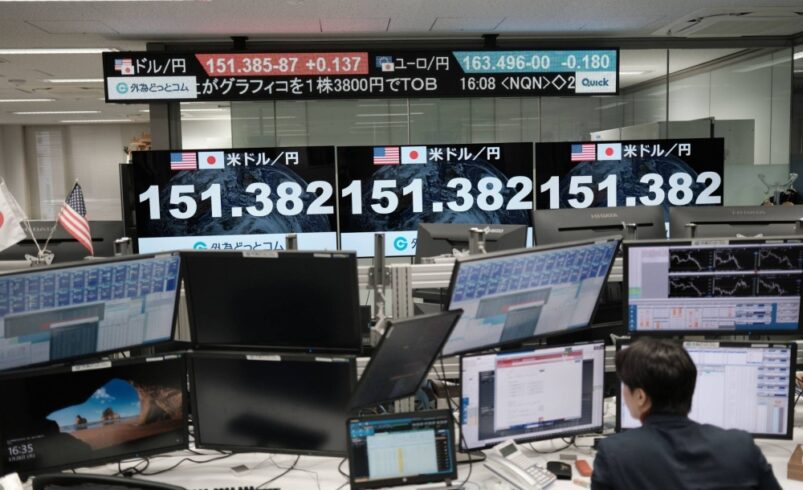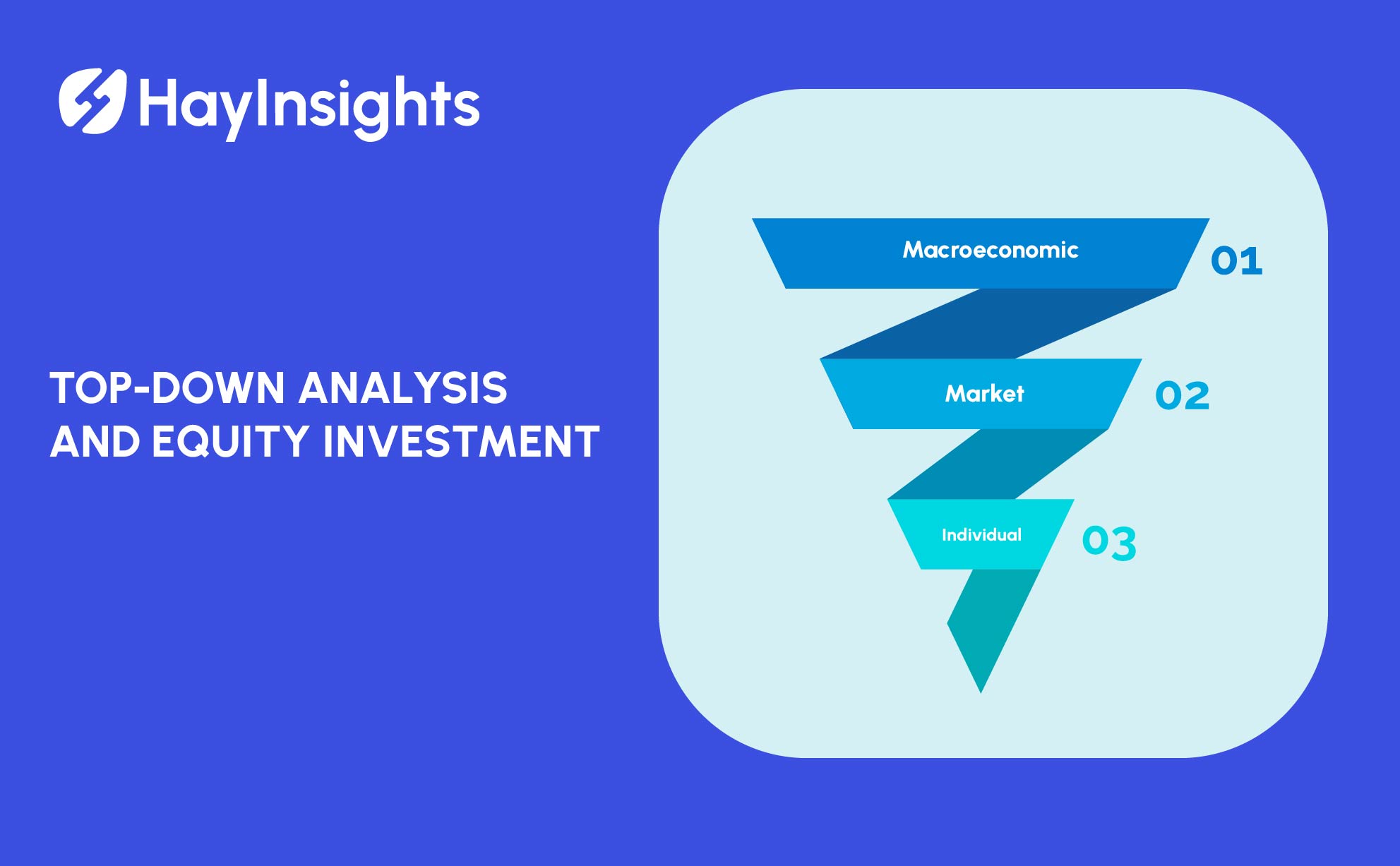
Japan’s Sudden Interest Rate Hike and Impact
Japan’s financial landscape experienced a seismic shift today as the Bank of Japan (BOJ) raised interest rates unexpectedly. This move has sent shockwaves through the stock market, with the Nikkei 225 plummeting to its lowest level in three months. Investors are now grappling with the implications of this decision, which marks a significant shift in Japan’s monetary policy.
Japan’s Sudden 金利 Hike
Context of the Rate Hike
The BOJ raised its benchmark interest rate by 15 basis points to 0.25%, a surprising move given Japan’s long-standing policy of maintaining ultra-low interest rates to spur economic growth and combat deflation (News Channel 3-12). This hike is the second one this year, reflecting the central bank’s growing concerns about rising inflation.
Reasons Behind the Decision
The rate increase is part of the BOJ’s efforts to tackle inflation, which has been driven by higher labor costs and global economic pressures. By raising interest rates, the BOJ aims to cool down the economy and prevent inflation from spiraling out of control
Immediate Impact on the Stock Market
Nikkei 225’s Dramatic Drop
The Nikkei 225 index plunged by nearly 6%, its biggest single-day drop since the onset of the COVID-19 pandemic in March 2020. The index has now closed at its lowest level since January, extending a downward trend that began with weak US economic data earlier in the week.
Global Market Reactions
Japan’s stock market slump was mirrored by declines in global markets. European and US stock indices also fell, reflecting widespread investor anxiety about the potential for further interest rate hikes and their impact on economic growth.
Broader Economic Implications
Currency Fluctuations
The interest rate hike has caused the Japanese yen to appreciate significantly against the US dollar. This strengthening of the yen poses a risk to Japanese exporters, whose profits are eroded when the yen is strong. This development has added to the downward pressure on Japanese equities.
Inflation Control and Economic Stability
While the BOJ’s decision aims to control inflation, it also raises concerns about economic stability. Higher interest rates can dampen consumer spending and business investment, potentially slowing down economic growth. The BOJ’s future actions will be closely watched as it navigates these complex economic dynamics.
Expert Opinions
Analyst Insights
Ken Cheung, Director of Foreign Exchange Strategy at Mizuho Securities, noted the BOJ’s hawkish shift and its potential implications for future rate hikes. Analysts at Citi remain optimistic about Japanese stocks in the long term, citing positive inflation trends and a strengthening wage-price spiral.
市場センチメント
Frank Benzimra, Head of Asia Equity Strategy at Societe Generale, highlighted the risks posed by yen volatility to Japan’s decade-long bull market. The rapid appreciation of the yen could hurt exporters and further dampen investor sentiment.
今後の展望
Potential for More Rate Hikes
Traders are bracing for the possibility of additional rate hikes from the BOJ as it continues its efforts to control inflation. The central bank’s actions will be pivotal in shaping the future trajectory of Japan’s economy and stock market.
Long-term Economic Prospects
Despite the immediate market turmoil, there are positive signs for Japan’s economy. Rising wages and inflation could help the country overcome years of economic stagnation. The challenge for the BOJ will be to balance these factors while maintaining economic stability.
よくある質問
What caused the BOJ to raise interest rates unexpectedly?
- The BOJ raised interest rates to combat rising inflation driven by higher labor costs and global economic pressures.
How did the stock market react to the interest rate hike?
- The Nikkei 225 index fell by nearly 6%, marking its biggest drop since the pandemic began.
What are the broader implications of the interest rate hike?
- The hike has led to a stronger yen, which poses risks to exporters, and it could slow down economic growth by reducing consumer spending and business investment.
Are more rate hikes expected from the BOJ?
- Yes, traders are anticipating further rate hikes as the BOJ continues its efforts to control inflation.
What is the long-term outlook for Japan’s economy?
- While the immediate outlook is uncertain, rising wages and inflation could help Japan overcome years of economic stagnation, provided the BOJ manages to maintain economic stability.
How have global markets reacted to Japan’s interest rate hike?
- Global markets have also declined, reflecting widespread investor anxiety about potential further rate hikes and their impact on economic growth.
結論
Japan’s unexpected interest rate hike has triggered significant turbulence in the stock market, highlighting the delicate balance the BOJ must strike between controlling inflation and supporting economic growth. As investors navigate this uncertain landscape, the BOJ’s future decisions will be crucial in shaping Japan’s economic trajectory.













